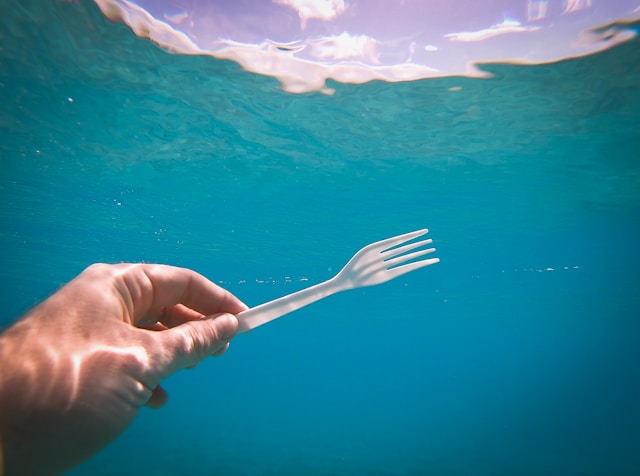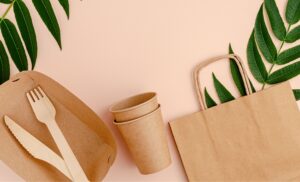In global quest pro sustineri, nostrae electiones in cotidianis articulis habent penitus implicationes pro nostrae planetae salute. Una talis optio in vasis utimur, praecipue tridentes. Dum plastic tridentes diu dominatus PROMPTU vas forum, magis environmentally- amica modo emersit: tridentes ex Saccharum vastum. In hoc blog post, Ingrediemur cur haec saccharum vastum tridentem stent sicut optio superior eco-amica ad eorum versos plasticos.
Renewable Resource
Sugarcane vastum, et quae bagasse, ad fibrosum residuum relicta extracto suco saccharo. Dissimilis plastic, quod est ex non-renovatione fossilium fuels, bagasse est byproduct of sugar productio, ut id sustineri ac renovari resource. Utendo bagasse ad furca productio, finitis fossilibus subsidiis dependentiam reducimus, mitigando environmental impulsum consociata cum extraction et processus.
Biodegradability
Una commoda maxime urget saccharum excrementum fuscinularum est eorum biodegradability. Dissimilis plastic tridentes, quae in ambitu centum annorum persistere potest, bagasse fuscinulas subire naturalis compositione depellitur. Ut organicum materiae, uncinos bagasse frangunt in partes naturales per microbial actionem, reversus ad terram sine noxa residua vel microplastics. Hic processus biodegradationis significanter onus minuit in landfillis et minimizat pollutionem oceanorum et oecosystematum..
Reducitur Carbon Footprint
Productio uncinorum plasticorum involvit processuum industria-intensivum, inter extractionem, conflans, et polymerizationem materiae petrolei propriae. E contra, ad fabricandum bagasse fuscinulas requirit minus industria et paucioribus generat gase emissiones CONSERVATORIUM. Utendo Saccharum vastum, non modo vastum organicum ab landfillibus avertimus, sed etiam ad sequestrationem carbonis per culturam plantarum saccharum conferimus., quae trahant CO2 ex atmosphaera in incremento suo.
Resource Efficens
Bagassae furcas exem- punt resource efficientiam vastum adhibendo productum quod alioqui abiiciatur vel incineretur. Valentem Saccharum vastum, nos optimize resource utendo ac magna environmental pollutio cum traditional vastum dispositionem modi. Ceterum, productio bagassae furcinulae typice minus aquam consumit et minus inquinationem generat comparatam ad productionem furcas plasticae, porro augendae eorum Eco-amica documentorum.
Consumer Awareness et praeferre
Crescente conscientia de rebus environmental et plastic pollutio, consumers magis magisque bene sustineri utrumque. Adoptio bagasse furcas adsimilat cum optiones consumendi pro Eco-amica producta, driving postulationem viridius optiones in foro. Cum pluribus personis et negotiis transitus ad utensilia sustinenda sicut uncinos bagassae, nos in communi conferunt viridius, plus sustineri futurum.
Finitione, electio inter saccharum vastum tridentem et plasticum fuscinulas ultra meram functionem extenditur - involvit studium villicationis environmental et exercitia sustineri.. Per bene pro bagasse tridentes, Renovabiles sustinemus facultates, promote biodegradability, redigendum emissiones carbonis, optimize resource efficientiam, et align cum dolor preferences pro Eco-amica products. Amplectamur mutationem ad sustineri furca ad tempus, agnoscens altum impulsum electionum nostrarum in nostrae saluti planetae.






